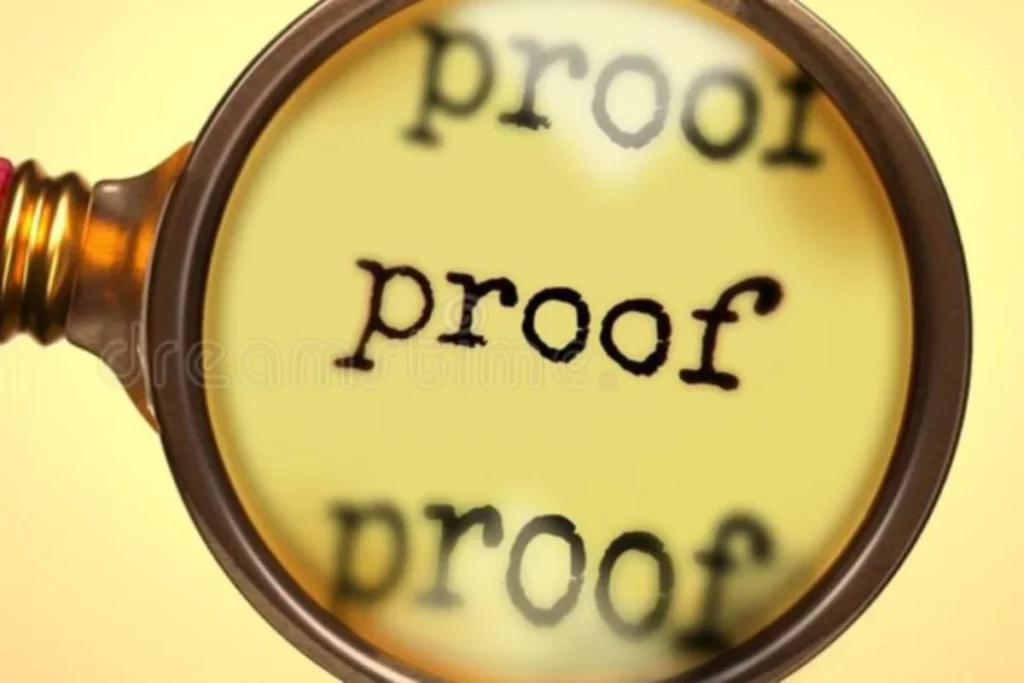John Reed Stark, who used to work for the U.S. Securities and Exchange Commission (SEC), called Binance recent “proof of reserves” report a red flag.
Stark said the report “doesn’t examine effectiveness.”
Stark said that the recent report “doesn’t talk about how well internal financial controls work” or “give an opinion or assurance conclusion.” He also said that the report doesn’t “vouch for the numbers.”
The Wall Street Journal talked to accounting and finance experts who said that Binance’s efforts to make its reserves more transparent also raised red flags about the exchange’s finances.
As a former member of the Financial Accounting Standards Board (FASB) and investment manager pointed out, the audit firm Mazars’ report doesn’t give investors much confidence in the exchange’s finances because it doesn’t say anything about the quality of internal controls or how Binance’s systems sell assets to pay off margin loans.
Stark worked for the Securities and Exchange Commission (SEC) for 18 years, and he started the SEC’s Office of Internet Enforcement. He is the president of his own cybersecurity consulting firm and also teaches part-time at the Duke School of Law.
In a recent tweet, the consultant said, Tether is a house of cards and “is running a Ponzi scheme calling the stablecoin giant out for “evasion, deflection, and lack of responsiveness.
Wow, tell us Tether is running a Ponzi scheme without telling us that Tether is running a Ponzi scheme. Just listen to his answers. IMHO, as a former SEC enforcement official of 18 yrs, the evasion/deflection/lack of responsiveness makes me believe Tether is a house of cards. https://t.co/smBHui1Djv
— John Reed Stark (@JohnReedStark) December 2, 2022
Read More: What is the story behind Binance’s temporarily locked withdrawals?
Last month Binance released a proof of reserves system
After FTX went down, Binance put out a proof of reserves system last month that lets users check their assets with a Merkle tree. Competitors, on the other hand, called the plan “pointless” because it didn’t include any liabilities.
Mazars’ report on Binance’s Bitcoin reserves was made public on December 7. The international audit company says that the cryptocurrency exchange has control over 575,742.42 Bitcoin that belong to its customers. At the time the report was made, this was worth $9.7 billion. “Binance was 101% collateralized,” the company said, referring to the method.


